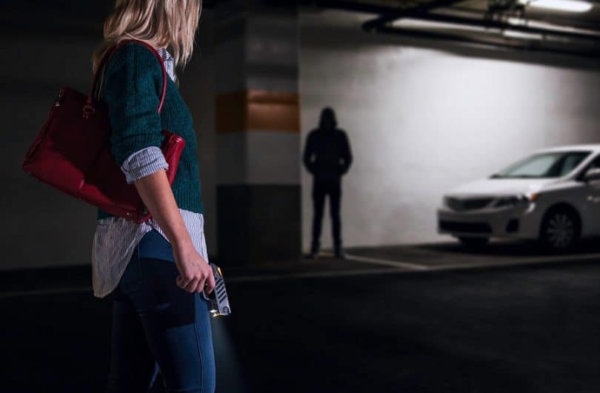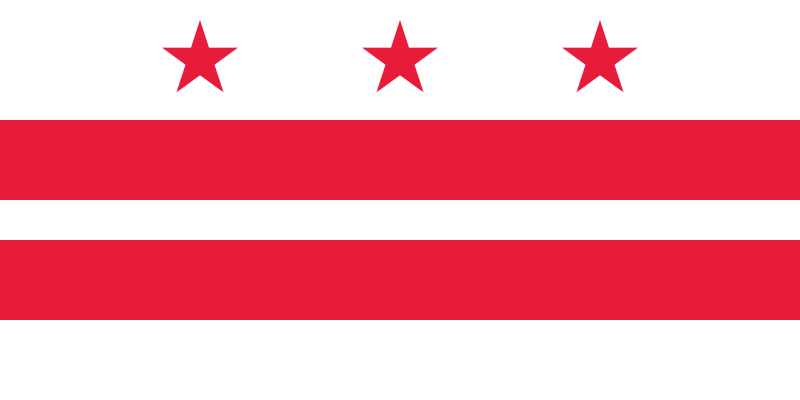
Buying a Handgun
As the nation’s capital, Washington D.C. is full of politicians and their bodyguards and somewhat ironically given the number of guns those bodyguards carry, the city has some of the most restrictive gun laws in the nation. Fortunately, as much of a hassle as it is to buy a gun, it is still possible. To buy a handgun, you must:- Be 21 or older;
- Provide ID;
- Have a background check performed by a licensed firearms dealer; and
- Complete a firearm registration form.
But first…
Before we even get into what the basic requirements are and what that firearm registration form is, you’ll need to keep in mind that federal laws require handguns to be purchased in a state where you live. If you purchase a handgun in a state where you do not live, you’ll need to transfer the firearm to your state of residence. What does that all mean? Basically, you will need to buy a handgun from a dealer outside of DC, since DC is not a state, and have them ship it to a DC gun store. DC does not have any gun stores that sell handguns to the public, so if you want to buy a new handgun in the city, this is the only way you can do it. If you want to buy a handgun from a private seller, you’ll still have to fill out the registration form and take it to a DC gun dealer (i.e. someone with a federal firearms license, FFL) anyway, since only a licensed firearms dealer can fill out the rest of the form, so it won’t really save you any time or money. Hope you like filling out forms!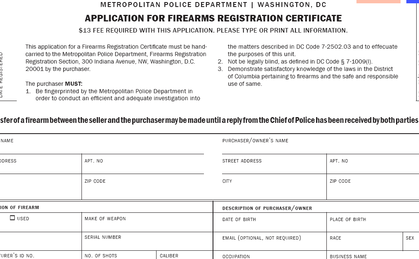
So what’s this about registration?
Back to the actual handgun-buying process. The registration form you’ll need to bring to your local gun store actually involves a two-part process that has to be completed before even heading to the gun dealer. If you live in DC and want to own any firearms, or even just keep the ones that you brought with you from out of state, you’ll need to register them all with the MPD. The registration form can be picked up from the DC Metropolitan Police Department (MPD), and requires a:- Proof of residency; and
- Proof of identity.
- Your Social Security card with your full name, social security number, and signature; or
- A verification print out by the Social Security Administration that shows your full name and social security number.
- A payroll statement from the last 12 months, that has your full name and Social Security number;
- A valid DD214;
- A valid health insurance card with your full name and Social Security number on it;
- A government-issued ID card other than a driver’s license, that shows your full name and Social Security number;
- An IRS W-2 tax form from the last 12 months; or
- A government-certified copy of your Federal or State tax return filed in the last 2 years.
What about a long gun?
At least buying a long gun isn’t much more difficult than the process for buying a handgun. To buy a long gun, you must:- Be 18 or older;
- Provide ID;
- Have a background check performed by a licensed firearms dealer; and
- Complete a firearm registration form.
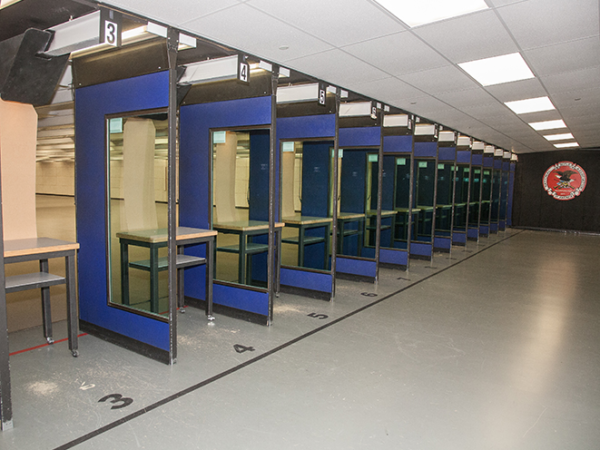
What about bringing in your own guns?
Since DC is generally a transplant city, you’ll most likely have moved here from somewhere else, rather than having grown up in the city. If that’s the case, you may already have your own firearm collection to bring to DC. The good news is that you won’t need to jump through all the hoops of the firearms purchase process. The bad news? You’ll need to register all your guns. If you move to DC and bring your firearms with you, you’ll have to register all of them with the MPD within 48 hours of moving, and each separate firearm will need its own registration form. And of course, since you will need a licensed firearms dealer to fill out part of the registration form, you’ll have to become BFFs with your local gun store and register every single gun you brought with you. Not the worst thing in the world, but also not the best.Have gun, will carry
Want to carry a gun in DC? Maybe avoid the White House area. Or the monuments. Or anywhere else in DC, basically. Open carry is prohibited in DC, but concealed carry is allowed, typically with a license. There are also situations where you can carry without a license, however. You can carry your firearms, as long as they are validly registered with the FRS, if you are:- In your home;
- Using it for a legal recreational purpose (i.e. hunting);
- In your place of business; or
- Transporting it for a legal reason (i.e. taking it to the range, or to hunting grounds).
Road trip!
If you are transporting your guns in a car, whether it’s your handguns or long guns, there are some rules you’ll have to follow. You wouldn’t want to be pulled over by DC police with a car full of guns being transported illegally! A firearm has to be unloaded when being transported in a vehicle, and neither the gun nor ammo can be readily accessible or directly accessible from the passenger compartment of the vehicle. This means that you’ll basically need to keep your guns in the trunk when transporting them. If your vehicle doesn’t have a separate compartment, like in an SUV, then the unloaded firearm and ammunition has to be stored in a locked container. Keeping it in a locked glove compartment or center console does not count as a locked container, so you’ll need to have a separate gun safe or locked case. Not taking a vehicle? If you are transporting firearms in general, you need to make sure the firearm is:- Unloaded;
- Inside a locked container; and
- Separate from any ammunition.
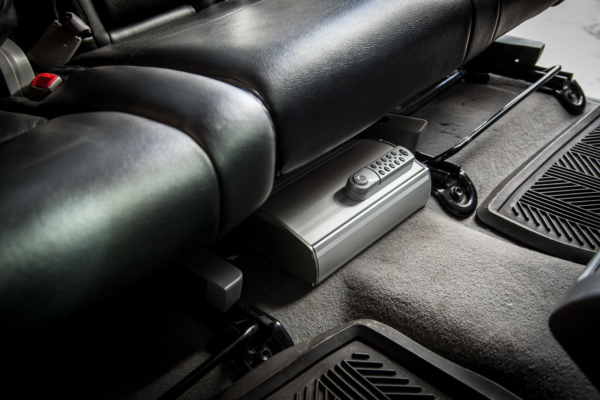
When can you use your guns?
Outside of the shooting range, there are only a few situations where you are allowed to use your firearms. Luckily, these situations include self-defense scenarios, where you may be faced with a threat against yourself or loved ones.Defending the castle
Under what is commonly referred to as the “Castle Doctrine”, DC law allows you to use deadly force in self-defense if you believed it was necessary to defend yourself while at home. Specifically, you are allowed to use deadly force if you reasonably believe that it is necessary to defend yourself or another person from imminent danger of death or serious bodily harm. This does not allow you to protect your property, however. If someone is just stealing your TV and running out the door, you cannot use deadly force to stop them. If they point a gun at you, then that’s a different story.Standing your ground
In DC, if you are outside of your home, you are actually allowed to use deadly force to defend yourself against threats of death or injury to yourself or others. Sort of. You are required to take reasonable steps, such as stepping back or walking away, to avoid using deadly force, as long as it is safe for you to do so. However, this does not mean you have a duty to retreat when you are in danger of death or serious bodily injury, and can use any necessary deadly force to respond to the threat. Even with all these laws on self-defense, you should always use your best judgement to decide what type of force is appropriate. Just because you are allowed to use deadly force doesn’t mean you have to. Taking any life is always a serious decision, and may not always be necessary in order to end a threat to you and your loved ones.What about non-lethal options?
If all of this seems like a hassle and you would rather just try to get your hands on non-lethal options instead, that’s perfectly fine too. Pepper spray or mace is legal in DC, and you can just buy it from Amazon or your local Walmart. Tasers and stun guns, however, are a different issue. You must be 18 or older in order to own a taser in DC, and it can only be used to protect yourself or your property. You CANNOT use a taser for anything else other than those two situations. It’s better than nothing, but you might as well just get a gun instead.